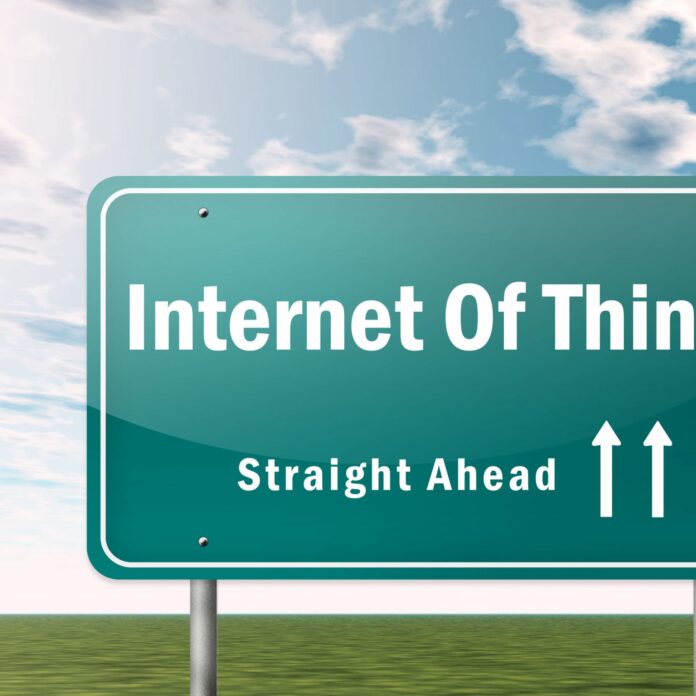Consumers want one security solution for all devices
WASHINGTON – Software firm Nominum has released a survey showing the recent spate of high-profile cyber attacks is making cybersecurity weigh heavily on the minds of consumers.
The survey was conducted in July and includes responses from 1,106 people.
The survey found: “Nearly half (49%) of all respondents stated they are adequately protected from online threats on their computers, tablets and smartphones. However, consumer confidence drops when other connected-home devices (e.g. gaming consoles, smart TVs, thermostats and other Internet-enabled devices) are taken into consideration, with just 37% feeling they are adequately protected from online threats.”
The survey went on to note, “Complex security solutions are not helping as 80% of those who responded that they did not feel adequately protected online would prefer wanting a simpler solution.”
Cybersecurity has been a point of growing concern, especially in light of recent revelations by Bluebox and Cisco on the prevalence of malware on smartphones that could migrate to other devices if the phone is hooked up to an “Internet of Things” network.
John Arledge, GM of applications at Nominum, described the anxiety felt by consumers: “Old threats like phishing continue, and the growing number of connected devices in the home creates even more exposure for consumers and their families. ISPs have a great opportunity to deliver a better, safer online experience for everybody and every connected device in the home. Consumers are looking for a straightforward, uncomplicated solution that keeps up with fast-moving online threats without burdening performance or their user experience.”
The survey concluded that security could impact which ISP consumers choose, showing 63% of those surveyed would like it if their current ISP provided one simple solution to increase security across all their connected devices, and 51% agreed they would switch to another provider if they offered a higher level of online protection, without additional monthly charges.
Security, which is ancillary yet distinct from privacy, was a major topic of discussion at the IEEE Computer Society’s Rockstars of Wearables conference this week in Austin, Texas.
Wearables, as a subset of IoT, arguably track even the most personal data, which raises concerns about security of the data generated as well as privacy-issues related to how the data may be reused by whomever controls it.
Sujata Neidig, director of business development for Freescale, said, “Security has to be addressed at all the different levels,” from the component, to the consumer device, to how the data is transferred and stored in the cloud. “Consumers are going to care.”

